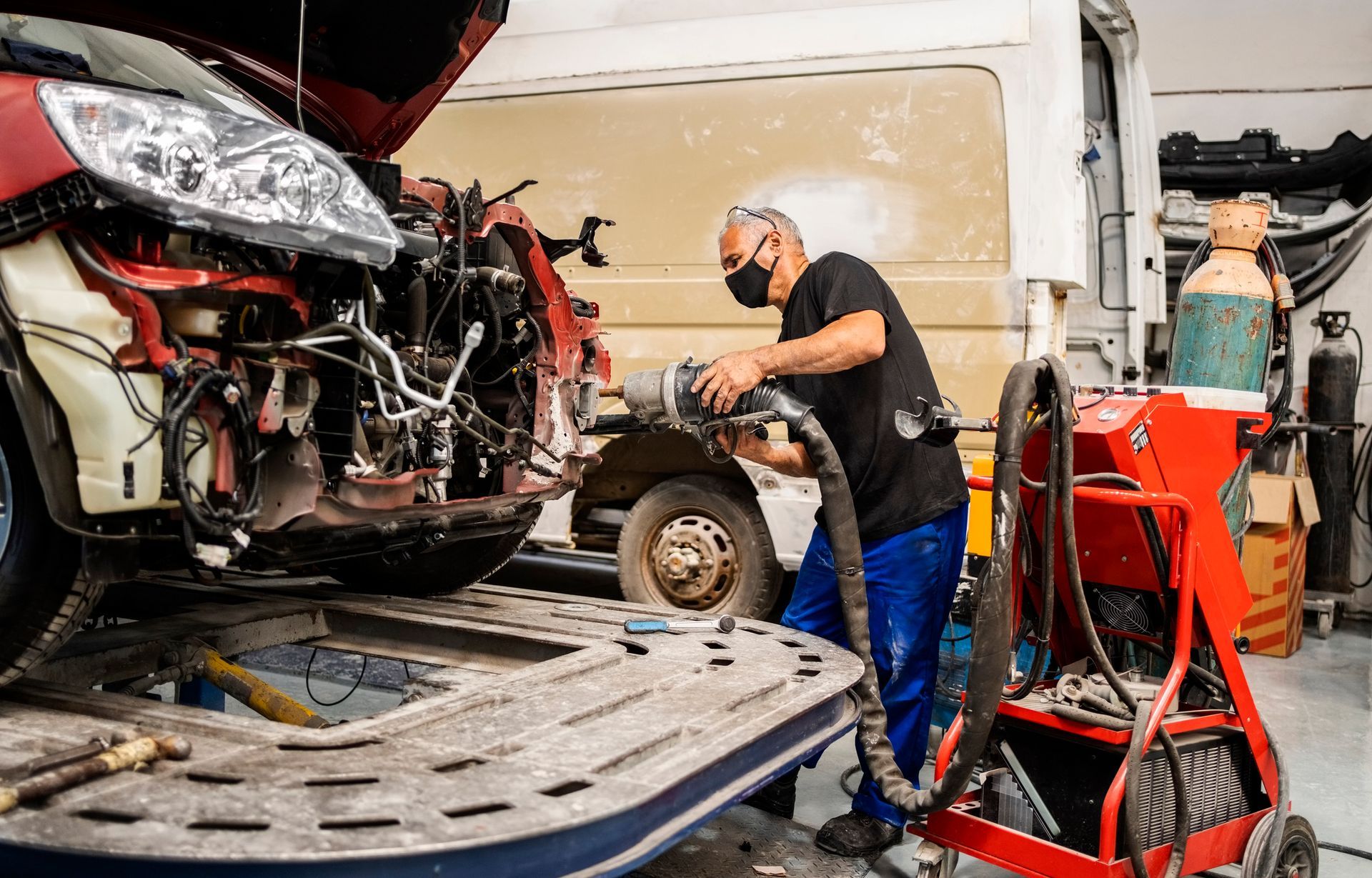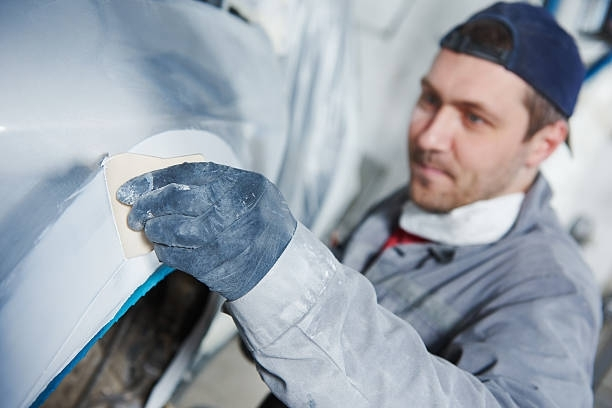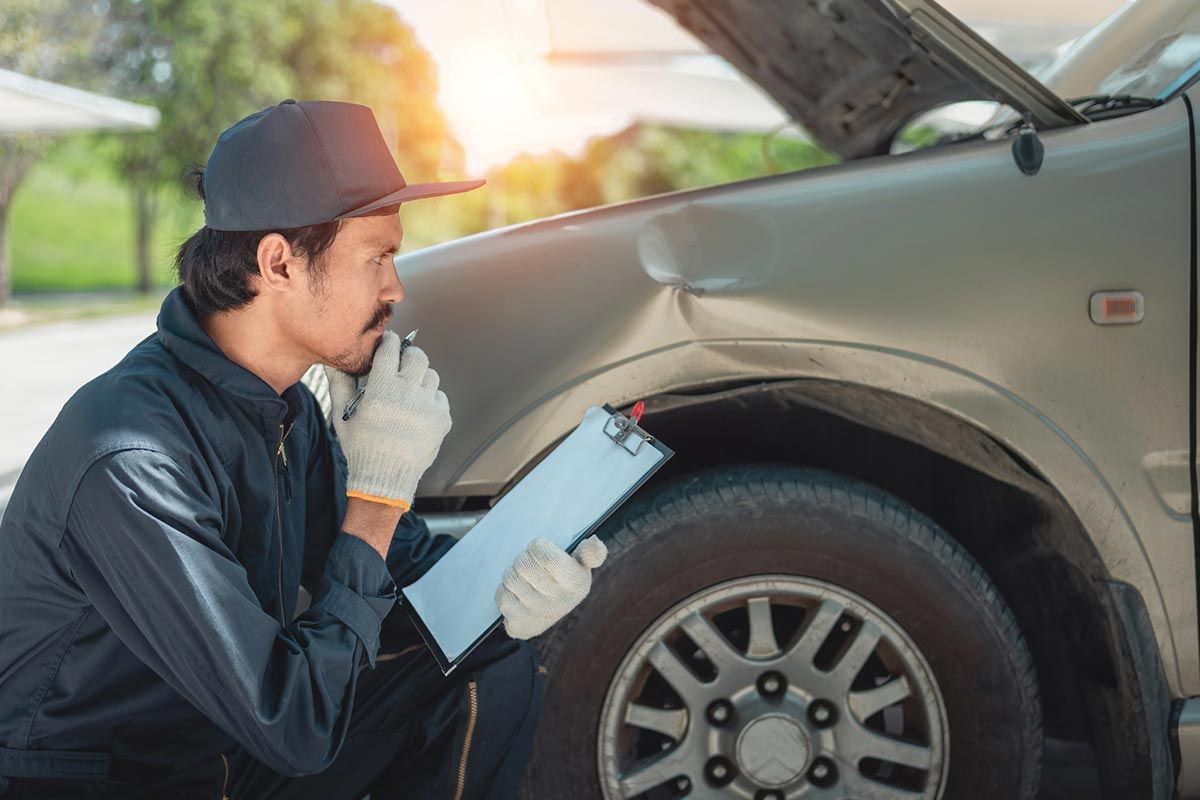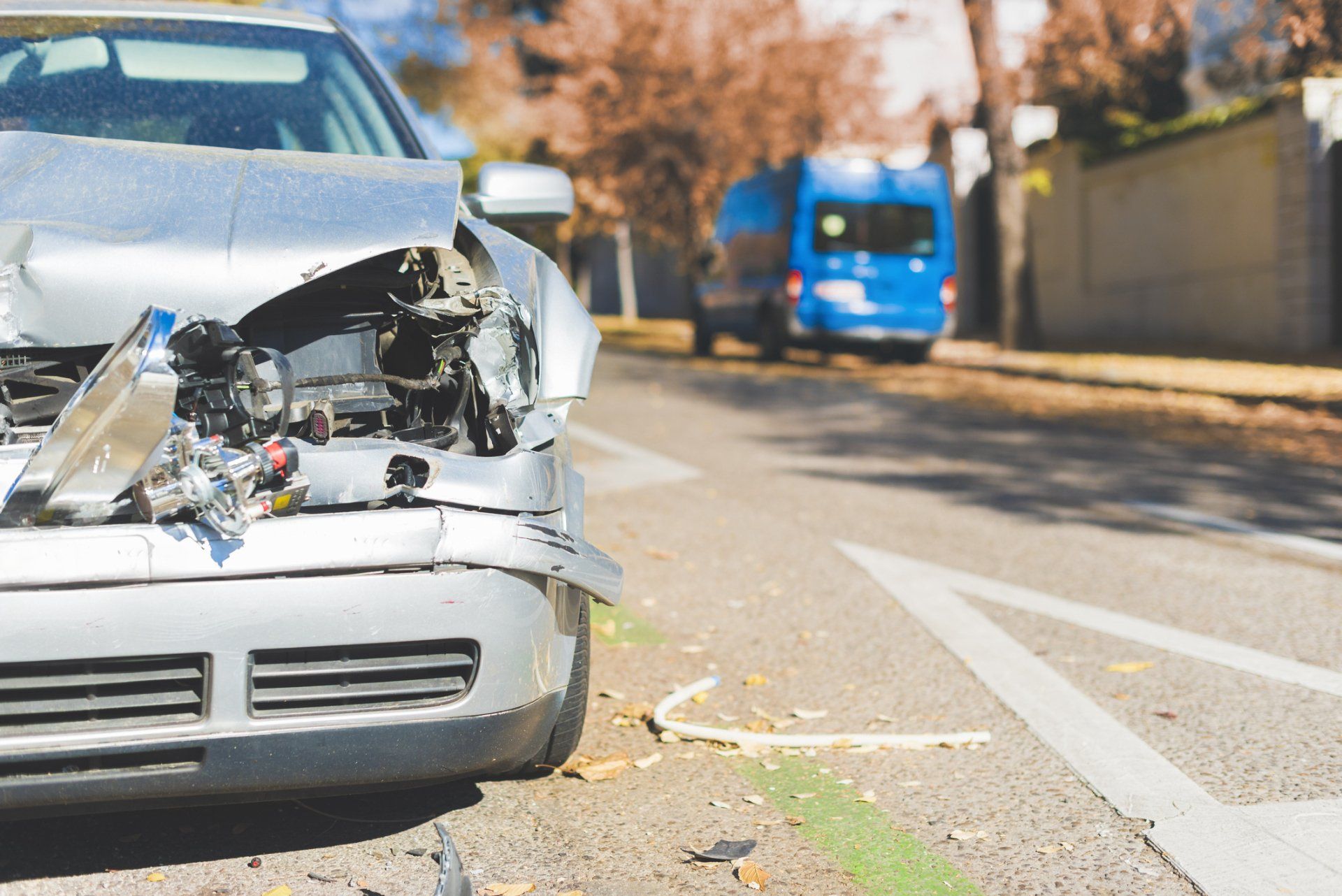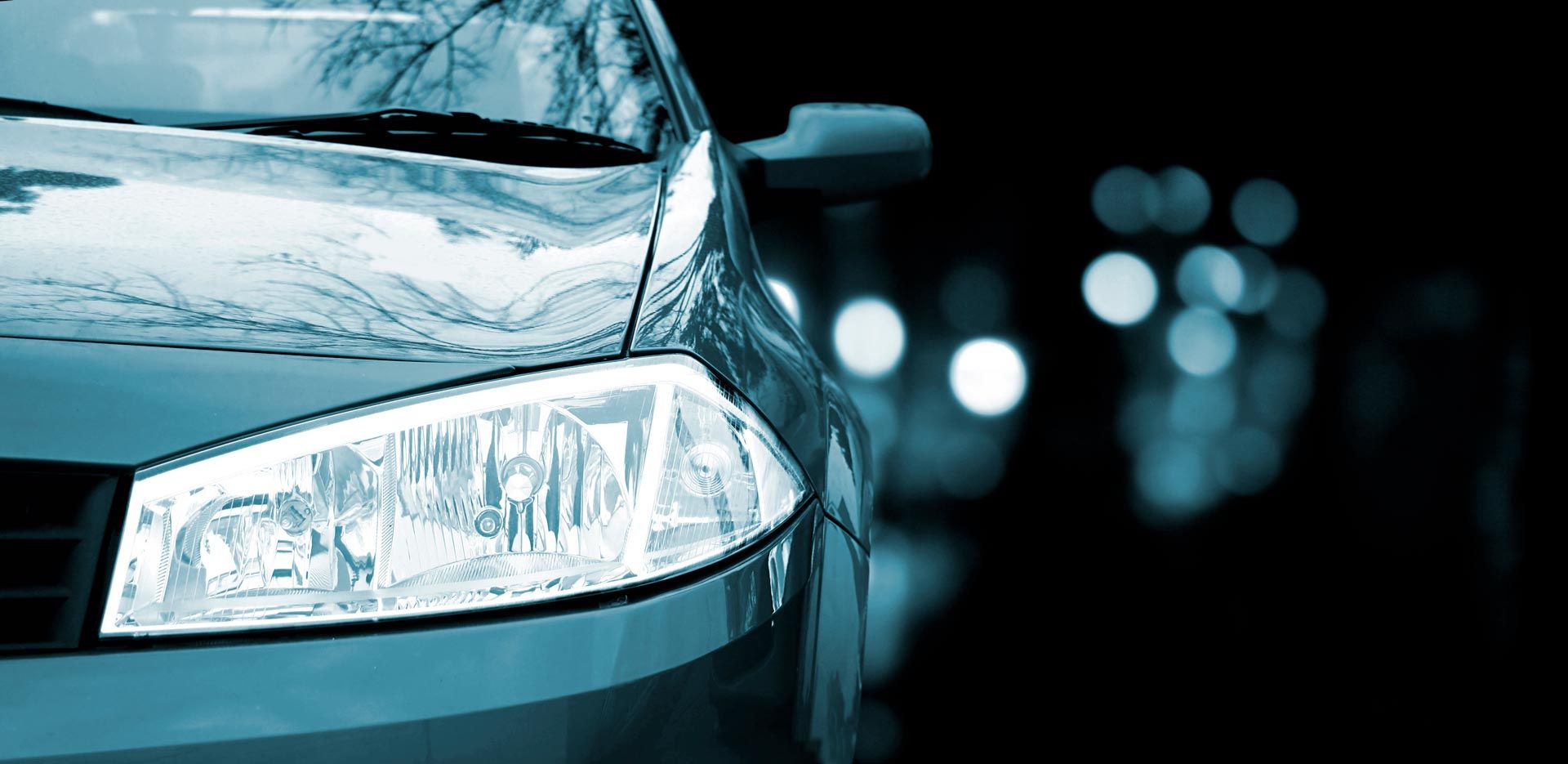An Introduction to Aluminum Auto Body Repair
This is a subtitle for your new post
Aluminum and aluminum alloys have been used in auto body production since the 1908 Bugatti was produced as the first vehicle with an all-aluminum body. Some modern vehicles have increased their reliance on aluminum, with frames that are almost entirely made of the material.
The unique properties of aluminum require some unique considerations when it comes to dent removal and collision repair. Here is an introduction to aluminum auto body repair.
Aluminum Has Favorable Properties for Auto Bodies
The use of aluminum in vehicle production has grown in popularity because it is more affordable for manufacturers without sacrificing safety. Aluminum is more malleable than steel and requires less machining to form the panels of a vehicle. Aluminum is also lighter than steel, so manufacturers can cut vehicle weight significantly with an aluminum body supported by steel framing. A lower weight reduces the strain on your engine and increases gas mileage.
Corrosion resistance is another strong point of aluminum auto bodies. High corrosion resistance makes aluminum a great choice for car doors, wheel arches, bumpers, and other parts of the body that may be exposed to moisture on the road. Aluminum manufacturing allows auto makers to use aluminum and aluminum alloys for internal components as well as body panels. Aluminum can be used in transmissions, brakes, speedometers and other gauges, as well as for electrical wiring and computer systems.
Aluminum Responds Differently to Heat and Deformation
The conductivity of aluminum makes it a very different metal to work with than steel when heat is used. Aluminum conducts heat more quickly than steel, and requires a specialized aluminum MIG welder to prevent damage to the material. Excessive heat can compromise the structural strength of aluminum and make it unsuitable for auto body manufacturing. Fortunately, manufacturers can rely on rivets and adhesives rather than welding to join aluminum components.
Most metals have a property known as "metal memory" that allows them to return to their original shape after they have been deformed. This property is much weaker in aluminum than in other metals, so dents in aluminum vehicles will not "pop" back into place as easily.
Aluminum Requires Specialized Auto Body Repair Techniques
Auto body repair technicians must use specialized equipment to return aluminum panels to their original shape. Auto body shops that work on aluminum will often have professional-grade aluminum dent pulling stations with all the tools necessary to complete the job. Technicians require specialized training to work on aluminum safely and effectively.
Auto body repair shops must use an entirely separate set of tools for aluminum repairs that has never been used on steel components. This is because steel shavings on re-used tools can cause aluminum panels and components to corrode, a process known as galvanic corrosion. Extensive training is also required for safety reasons; technicians must manage aluminum dust carefully because it can be explosive in the presence of heat.
Owning a vehicle with an aluminum body means choosing your auto body repair shop a bit more carefully. Don't accept offers for auto body work that are unusually low, as there is no way to cut corners on aluminum repair without sacrificing quality. Additionally, the challenges of working with aluminum make it a poor choice for DIY auto body repairs. Aluminum is highly repairable, and your vehicle can look like new for years to come if you leave the work to qualified auto body technicians.
When your vehicle has suffered scratches, dents, or other unsightly blemishes, you don't have to live with them. Take your car to the pros at Automotive Super Sports for quality auto body repairs of any size.

